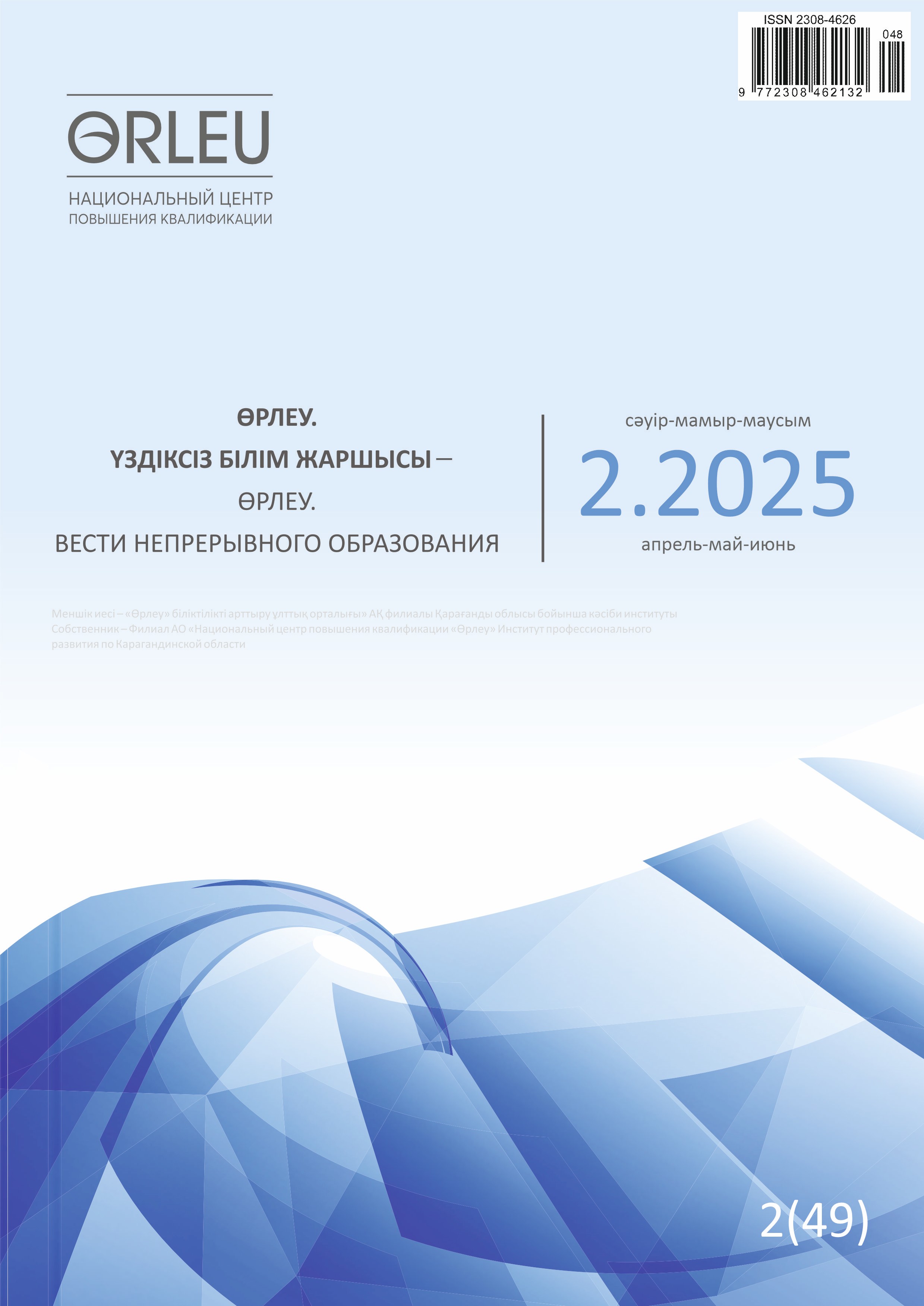Abstract
The Denver II Developmental Screening Test is widely used to assess children’s motor, language, social and cognitive development. This study explores the application of the Denver II test in educational settings from teachers’ perspectives, focusing on its cultural adaptability, usability, and the challenges faced in classroom administration. Using a qualitative approach with semi-structured interviews, the research gathered insights from 20 teachers working in Turkish preschool settings. Content analysis of the interviewers revealed several key themes. Teachers identified Denver II as a beneficial tool for tracking individual developmental progress and recognizing children’s strenghts and areas needing improvement. They also emphasized the importance of cultural adaptation, noting that modifications made the test more reliable and accessible for Turkish students. However, time management and maintaining classroom attention emerged as significant obstacles to its effective use in larger classroom environments. Teachers expressed a need for further training and technical support to enhance their competency in administering the test accurately and efficiently. These findings suggest that the Denver II test can be a valuable resource in education if coupled with teacher training, support in classroom management, and continuous adaptation to align with cultural and linguistic contexts. The study concludes that prioritizing such support can make developmental screening more effective within diverse educational environments and contribute to early childhood intervention practices.

